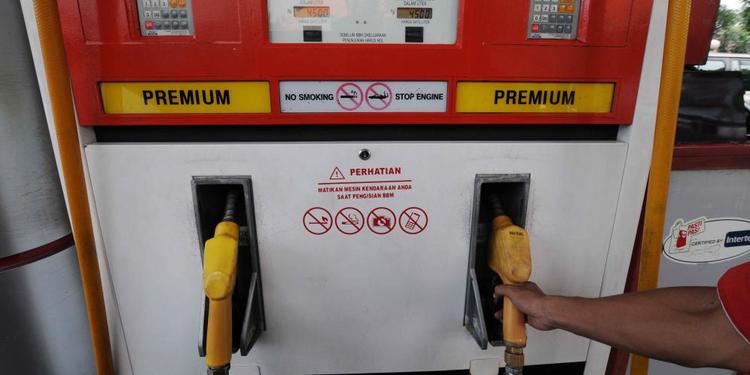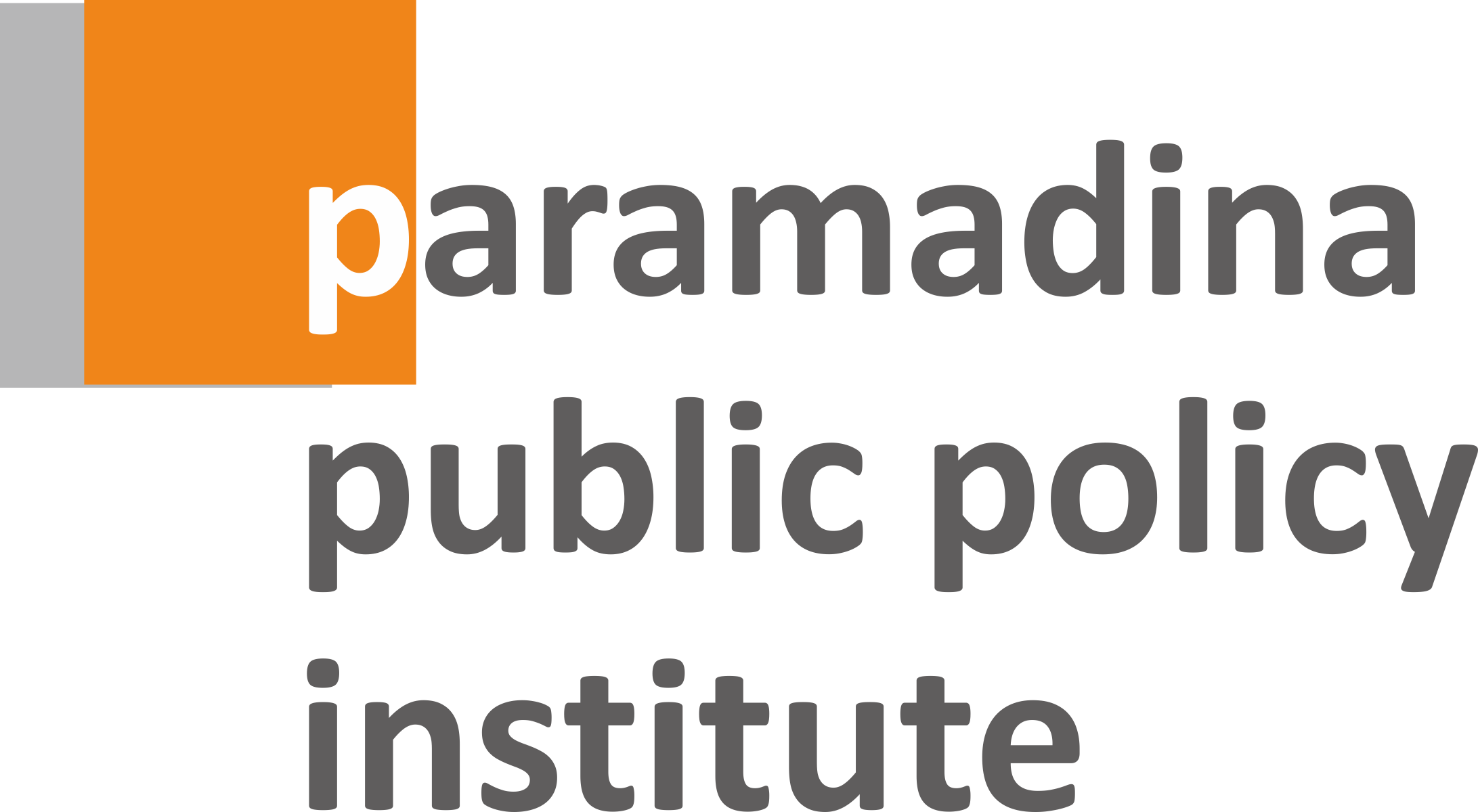
Paramadina Public Policy Review – 9 March 2021
Indonesia’s energy reform trajectory may soon enter a new, critical, yet complex phase, as subsidized fuels may soon be taken out of the market. This incoming reform aligns with countless global policy recommendations that such subsidies could be reallocated for more urgent endeavors like poverty alleviation and the Covid-19 pandemic relief. However, phasing out the subsidies has been a complexly risky path for various administrations in Indonesia to undertake.
Indonesia’s state oil company, Pertamina continues to review the possible elimination of subsidized, low-octane fuels, namely Pertalite (RON 90) and Premium (RON 88). Most recently, since last July 2021, a program called langit biru or blue sky has been implemented in several provinces, where Pertamina is selling Pertalite at a discounted price to encourage the people to leave Premium.
Such a move is indeed in line with Indonesia’s government’s agenda, as written in the National Midterm Development Plan (RPJMN) 2020-2024, to improve targeting accuracy and increase energy subsidy distribution effectiveness. In Indonesia, it is rarely realized that the budget allocation for the energy subsidies is more or equal than that for essential fields such as defense, health, education, and social security in specific periods.
For instance, the energy subsidies averagely reached 124 trillion IDR (8.32 billion USD) annually during 2015-2020. That amount is almost equivalent to the government spending on education, 1.1 times more compared to defense, and 1.2 times to national health. Most of the subsidies, furthermore, are unfortunately not enjoyed by the poor. More than 80 percent of Indonesia’s 2012 energy subsidies, for example, were enjoyed by the middle and upper classes. Only about one percent of the total subsidies are enjoyed by the poorest 10 percent of the community.
Globally, if the negative spillovers of energy consumption are included, the energy subsidies could reach two trillion USD, which is on a par of around 3 percent of global GDP. And yet, it is estimated that the poorest 20 percent of families receive only about 7 percent of the benefits of subsidized energy.
That data reflects that the energy subsidies, globally and in Indonesia, generally do not benefit the poor. Another reading of the disproportionate situation is that the persistent subsidy policy prefers to burn its money rather than spend it on progressive policies. Therefore, it is prudent that governments, especially Indonesia, reform their energy subsidies by limiting the consumption of subsidized fuels. This reform policy proposal is also strategic because, in the end, it can expand the government’s fiscal space for a more urgent policy focus, for example, on improving the education and healthcare systems and facilities necessary during and after the pandemic.
Highly Risky Policy Reform
In general, often, developing countries consider energy subsidies as constitutional mandates and tools for states struggling with social problems, especially poverty and unemployment. However, such subsidy policies, which mostly ended up mismanaged, could transform into disasters such as the 2018 Venezuelan and the 1998 Indonesian economic failure.
Endeavors to reform the subsidies have often put the ruling administration in a difficult situation. In Indonesia, the downfall of President Suharto’s and President Abdurrahman Wahid’s governments was, to some extent, due to their efforts to reduce energy subsidies, and so prices skyrocketed.
However, the success of reforming energy subsidies, especially in Indonesia, is not without precedent. Susilo Bambang Yudhoyono (SBY) – Jusuf Kalla’s government (2005-2009) produced several successful episodes of this policy, so did the Joko Widodo – Jusuf Kalla’s administration (2014-2019).
Various factors indeed influence the success and failure of reducing fuel subsidies. For the Indonesian context, among these are the right momentum, strong political will, and a profound communication and consultation strategy. For example, the energy subsidy reform in 2005 took advantage of Ramadan as the momentum. The resistance appeared minimal because the public was relatively less active due to fasting. Support from the ruling parties (2005), the Golkar Party and the Democratic Party, was also crucial. In contrast, the similar reform initiative in 2012 ended with a vote rejecting the SBY – Boediono’s government’s proposal to cut energy subsidies, as the limited support from the coalition parties.
Also, the success of the fuel subsidy reform in 2015 was partly due to the government’s intensive consultation with various elements, such as the Indonesian Chamber of Commerce, various research institutes and universities, as well as mass organizations, especially the religious ones such as Nahdlatul Ulama and Muhammadiyah.
Possible Strategies
The experience above reflects that the recent policy proposal to eliminate Indonesia’s subsidized low-octane fuels can indeed be implemented. However, strategies, such as the following, could be considered by relevant stakeholders for an effective fuel subsidy reform.
Firstly, the Covid-19 pandemic must be interpreted as the momentum. The slowing demand and consumption during the epidemic would dampen the incoming shock of the potential increase in spending on energy, especially fuels. The poor would also be relatively less affected as they are the least consumers of total energy consumption in Indonesia.
The government, however, would need to provide adequate time and assistance for the people to adapt to this reform. Social cushioning programs such as direct cash transfers are necessary to be prepared as undertaken in the previous successful episodes of energy subsidy reform.
Secondly, the government needs to ensure that there is strong political support for this reform. In practice, it is necessary to ensure that at least all Parliament members from the PDI-P, the ruling party, provide support for this policy. This step is, somehow, not without challenges, of course. Reforming subsidies is not a populist option and can easily be labeled anti-people or anti rakyat that can erode the popularity of the pertinent politicians.
Thus, it takes a strong will from party elites, especially President Joko Widodo and party leaders, such as Megawati – the supreme leader of PDI-P, to annul such a political worry.
Thirdly, sincere and open communication and consultation with elements of civil society, including with the Islamic organizations, namely NU and Muhammadiyah. In a religious, predominantly Islamic, Indonesian society, the views and fatwas of the two organizations’ leaders or ulemas have proven to have a significant impact on the success (and failure) of various government policies, including energy subsidy reforms.
It is known that thanks to guarantees from those ulemas, Muslims voluntarily postponed their Friday prayers for several months during this Covid-19 pandemic. In normal times, such a suggestion would lead to chaotic social and political instability. (*)
